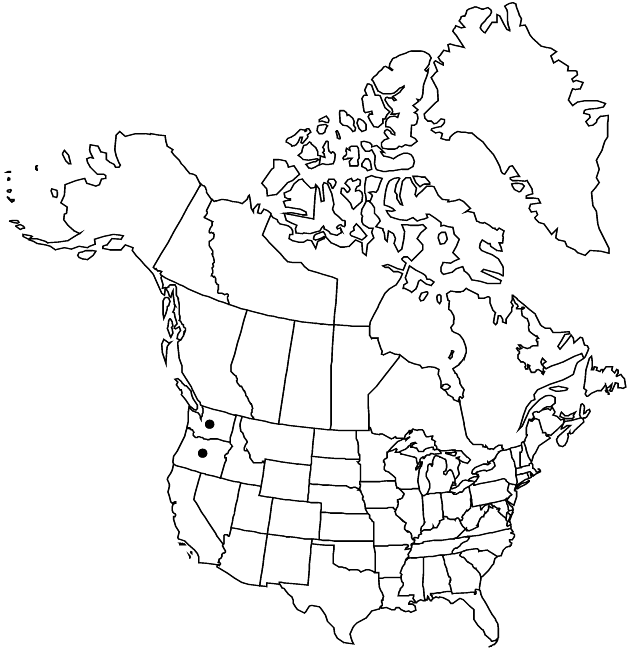Difference between revisions of "Cirsium edule var. edule"
FNA>Volume Importer |
imported>Volume Importer |
||
| Line 4: | Line 4: | ||
|publications= | |publications= | ||
|common_names=Hall’s thistle | |common_names=Hall’s thistle | ||
| + | |special_status={{Treatment/ID/Special_status | ||
| + | |code=E | ||
| + | |label=Endemic | ||
| + | }} | ||
|basionyms= | |basionyms= | ||
|synonyms={{Treatment/ID/Synonym | |synonyms={{Treatment/ID/Synonym | ||
| Line 46: | Line 50: | ||
|publication title= | |publication title= | ||
|publication year= | |publication year= | ||
| − | |special status= | + | |special status=Endemic |
| − | |source xml=https:// | + | |source xml=https://bibilujan@bitbucket.org/aafc-mbb/fna-data-curation.git/src/bb6b7e3a7de7d3b7888a1ad48c7fd8f5c722d8d6/coarse_grained_fna_xml/V19-20-21/V19_133.xml |
|tribe=Asteraceae tribe Cardueae | |tribe=Asteraceae tribe Cardueae | ||
|genus=Cirsium | |genus=Cirsium | ||
Revision as of 21:35, 27 May 2020
Heads usually crowded at stem tips. Peduncles 0–1(–4) cm. Involucres 1.5–2.5 × 1.5–3 cm, thinly to densely arachnoid. Phyllary apices ascending or ± spreading, plane to acicular, spines 1–5 mm. Corollas 14–21 mm, tubes 5–11 mm, throats 4–8 mm, lobes 4–6 mm; style tips 3–4 mm. Cypselae light to dark brown, 3.5–4.5 mm; pappi 9–13 mm.
Phenology: Flowering summer (Jun–Aug).
Habitat: Sea bluffs, roadsides, damp soil at edge of woods, openings in conifer or conifer-hardwood forests
Elevation: 0–900 m
Discussion
Variety edule is known from the coast and coast ranges of Oregon and Washington. Some coastal populations of var. edule approach montane forms of var. macounii in stature, head size, and involucre pubescence. Some of the variation in var. edule may be a result of past introgression with Cirsium remotifolium. Populations of var. edule from within the ranges of C. remotifolium vars. odontolepis, remotifolium, and rivulare often show features of those taxa.
Selected References
None.
